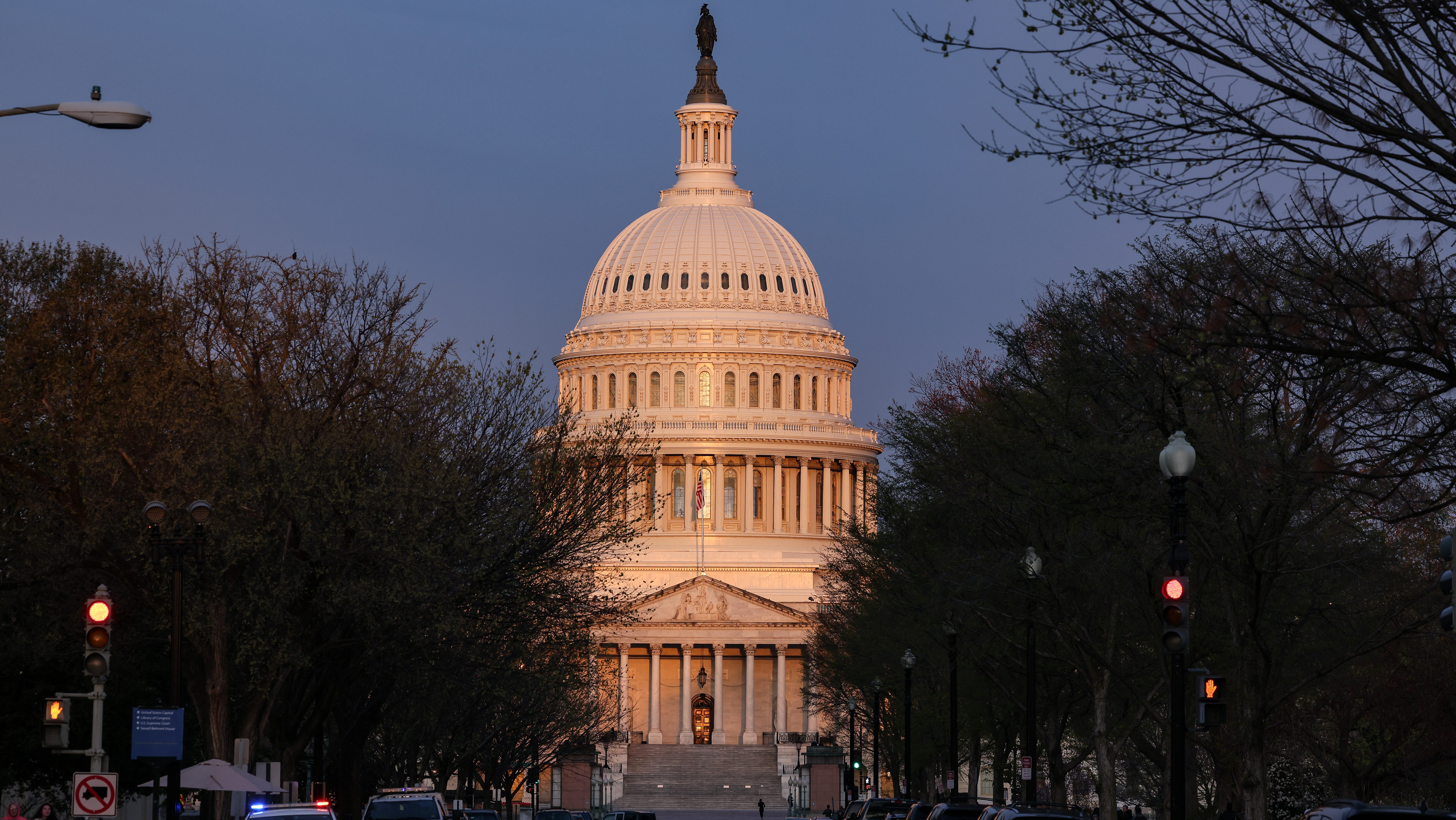Willie Veasy, behind bars since 1992 for murder, could walk free Wednesday if a Philadelphia judge overturns his decades-old conviction.
Veasy, now 53, is hoping to be released from prison, after years of appeals. He has been in prison since his arrest in June 1992 for a shooting six months earlier on West Russell Street in the Franklinville section of North Philadelphia.
Two men, John Lewis and Efrain Gonzalez, were shot Jan. 24 of that year, and Lewis eventually died from his wounds. Veasy's conviction was due in large part to a signed confession and an eyewitness account.
But over the years, the case against Veasy has been dissected by attorneys from the Innocence Project and found to have discrepancies, according to court filings. They include:
- The eyewitness has since allegedly confessed to being legally blind.
- The detective who interrogated the suspect allegedly kicked the young man repeatedly in his testicles before getting a signed confession.
- The suspect, according to his former boss, was working miles away when the slaying took place.
U.S. & World
News from around the country and around the globe
Still, Willie Veasy has remained behind bars. He has also remained adamant that he's an innocent man.
"You have to wake up to that realization that you're actually in here, which you really can't believe," Veasy told NBC10 in a phone interview from Graterford State Prison in Montgomery County in 2018.
"I can't believe I'm actually incarcerated for something I didn't do," Veasy said.
Veasy is part of a cluster of prisoners who have challenged their life sentences on murder convictions in the late 1980s through early 1990s.
Their challenges are often rooted in tactics by Philadelphia homicide detectives whose approach is now being scrutinized not only in local courts, but also in federal lawsuits.
In a 2016 federal lawsuit filed by exonerated former lifer Anthony Wright against the City of Philadelphia, and which was settled in July 2018, the Veasy case was mentioned as part of a rundown of numerous accusations against a group of detectives and their supervisors who worked in the city homicide unit three decades ago.
It claimed that a now-retired detective who interrogated Veasy may have forced him into signing a confession. Eleven detectives, along with the City of Philadelphia, were named in the Wright lawsuit.
The detective "smacked him around and kicked his testicles several times until Mr. Veasy agreed to sign the 'confession,'" the lawsuit alleged.
As for the lead witness, she said seven years after Veasy's conviction in a sworn statement taken as part of an investigation by a University of Pennsylvania law professor and his law class that her vision is, and always has been, poor.
"My vision is very poor and I'm virtually legally blind," she said. "My vision was like this at the time of the crime."
In addition to questions about the confession and the witness's testimony, Veasy also has an alibi, according to the man who was his boss at the time of the murder.
"I watched it unfold and knew that it was absolutely wrong," Seth Schram told NBC10 in a 2018 interview. "It was absolutely wrong."
Schram was Veasy's manager when they both worked at a Houlihan's restaurant in Jenkintown. Schram said Veasy's timecard from the night of the murder indicated he was at the restaurant when the crime occurred.
The restaurant, now a Chili's, is seven miles from the crime scene at Seventh and Russell streets.
Schram said last year that there is "zero" possibility Veasy could have clocked in and then went to Seventh and Russell streets that night without anyone noticing.
"That did not happen. Not in Houlihan's restaurant on a Friday night," Schram said.
The question of Veasy's innocence faced renewed scrutiny last year when Philadelphia District Attorney Larry Krasner's office confirmed in May 2018 that it began reviewing the case.
"I will say that it is a case that we are looking at," Patricia Cummings, Krasner's conviction review chief, told NBC10 last year.
Prosecutors argued for Veasy's freedom during a hearing on Tuesday. They filed two documents arguing his confession wasn't reliable and that there's evidence of an alibi.
Cummings didn’t file her arguments until Tuesday morning however. While there was a clear sentiment in the courtroom to set Veasy free, the judge said the early morning court filing made that impossible.
“Doing the best job that I can really required me to take every additional step that I could so that when I filed the papers, I had all the confidence in the world that we are doing the right thing,” Cummings told NBC10 Tuesday.
The judge said he had to take the proper time to review the facts of the case.
“The judge did the right thing,” Veasy’s lawyer, James Figorski, said. “He wants to read the paperwork and see what the claim consists of.”
Veasy is scheduled to be back in court on Oct. 9. If the judge throws out the conviction, the Philadelphia District Attorney’s Office says it will drop all charges against him as well.
“I’m hoping the judge makes the right decision,” Veasy’s sister, Ketra Veasy, told NBC10 Tuesday. “I was hoping he was going to make it today.”



